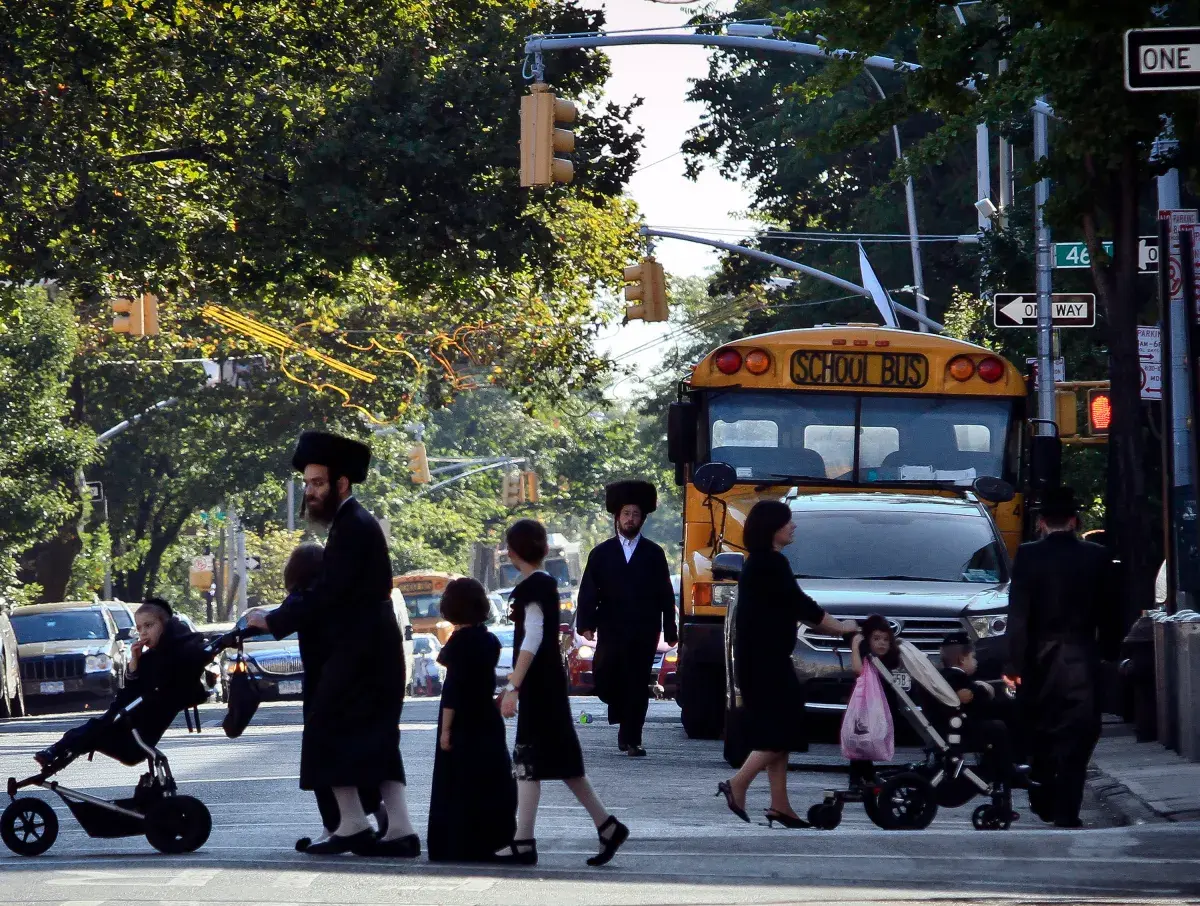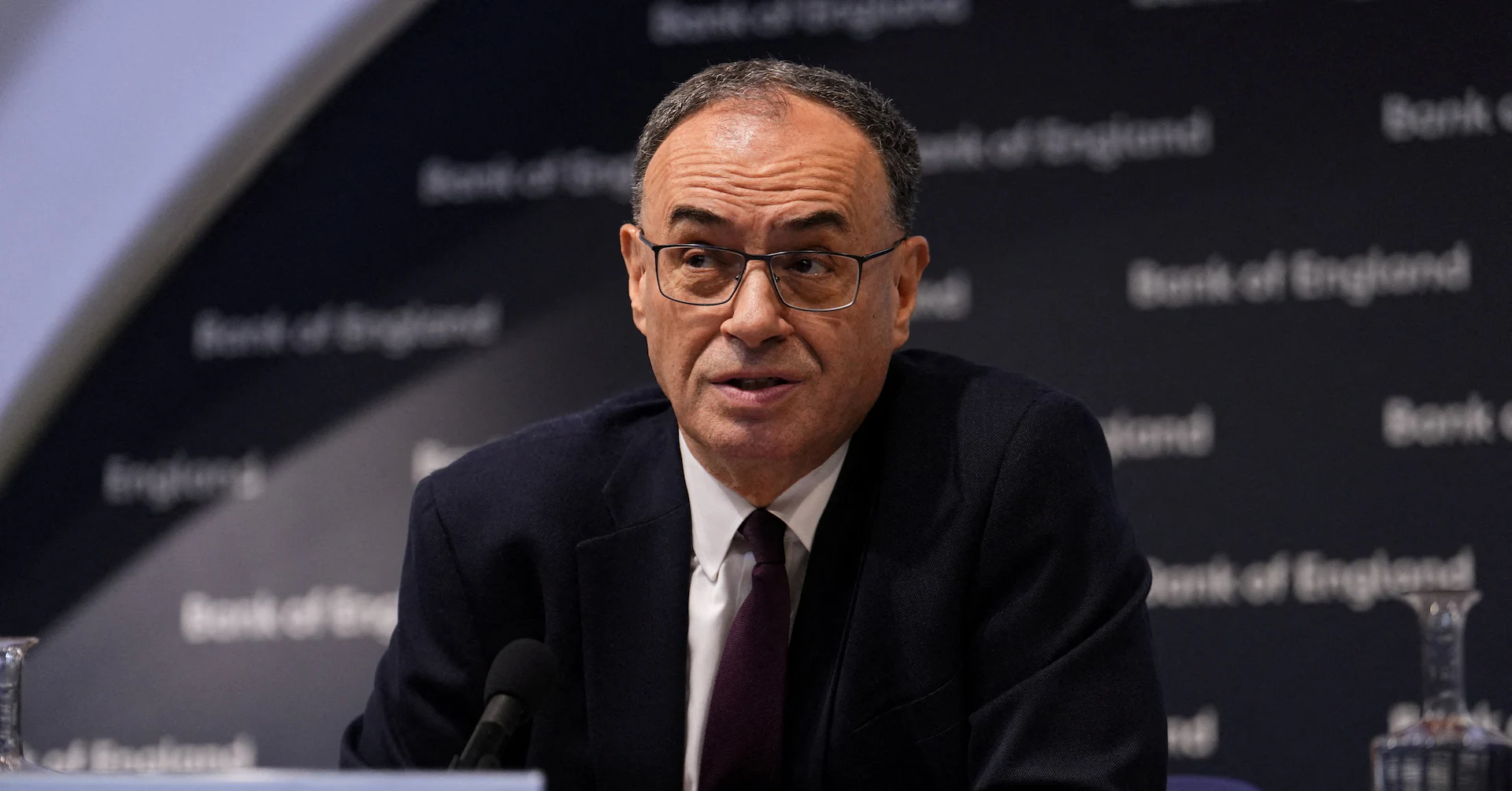
A new lawsuit filed in Brooklyn, is challenging New York’s recent changes to how nonpublic schools, including ultra-Orthodox Jewish yeshivas, are evaluated for compliance with state education standards.
The case, lodged in state Supreme Court on September 18, names Gov. Kathy Hochul and the Democratic-led Legislature as defendants and seeks to roll back a law adopted as part of the 2025 state budget.
Newsweek contacted Governor Kathy Hochul and attorney Michael Rebell for comment via email outside of normal office hours on Thursday.
Why It Matters
The lawsuit could reshape how New York balances parental rights with children’s constitutional right to a “sound basic education.” At issue is whether budget-year changes—passed quietly in 2025 and applauded by some ultra-Orthodox leaders—let yeshivas meet state requirements without reliably teaching core subjects such as English, math, and civics.
The case tests the limits of state authority over religious schooling, affects tens of thousands of students’ future economic mobility, and highlights how political deals can influence educational standards statewide.
What To Know
The Lawsuit
A yeshiva is a Jewish religious school, typically for boys, that focuses on intensive study of sacred texts such as the Torah and Talmud, with varying amounts of general secular education depending on the community.
Attorney Michael Rebell, executive director of the Center for Educational Equity at Teachers College, Columbia University, announced on September 18, 2025, the class-action suit against Governor Hochul, Assembly Speaker Carl Heastie, Senate Majority Leader Andrea Stewart-Cousins, and the State of New York.
The plaintiffs—three current students in Brooklyn yeshivas, their parents, and two former students—ask the courts to strike down a new law that relaxes oversight of nonpublic schools.
New York Education Law § 3204(2)(i) provides: “Instruction given to a minor elsewhere than at a public school shall be at least substantially equivalent to the instruction given to minors of like age and attainments at the public schools of the city or district where the minor resides.”
At a press event outside Kings County Supreme Court, Rebell said: “It is outrageous that the governor and state legislative leaders absolved yeshivas from teaching basic American history, civics, science and other subjects to tens of thousands of students,” adding, “The Constitution requires that the state ensure all children, including those in nonpublic religious schools, are provided the opportunity for a sound, basic education.”
From a 2015 Complaint to a Statewide Issue
The lawsuit’s claims reach back a decade. In July 2015, 52 parents, former students and teachers sent what became known as the “Non-Compliance Letter” to New York City district superintendents: “Generally speaking, at the listed yeshivas, English and mathematics are taught from around age 7 to age 13 for an average combined time of only 90 minutes and on only four days a week…. At these yeshivas, English instruction for boys stops at age 13.”
That complaint led the New York State Education Department (NYSED) and the New York City Department of Education (DOE) to investigate.
According to the new court filing, those probes found that “at least 21 of the 28 schools (75%) are not in compliance with substantial equivalence requirements.”
The “Sound Basic Education” Standard
The constitutional concept at the heart of the litigation is New York’s guarantee of a “sound basic education,” recognized by the Court of Appeals in the Campaign for Fiscal Equity (CFE) decisions.
Rebell himself helped argue those cases in the 1990s and early 2000s.
The plaintiffs contend the 2025 statute—adopted in May as part of the state budget—undermines that guarantee by giving nonpublic schools broader ways to show “substantial equivalence.”
The budget created a new § 3204(6) (“Subdivision 6”), which lays out alternative compliance pathways.
Among them are exam-based options that allow a school to satisfy the law if the share of its students scoring proficient on qualifying year-end assessments is at least equal to that of similarly situated public-school students, or if the school maintains a three-year average assessment participation rate at or above the statewide average and uses the results to improve instruction.
Subdivision 6 also allows schools to change among qualifying criteria over time. Supporters say this adds flexibility; critics say it dilutes consistent oversight.
Governor Hochul defended the change when it passed, saying it was meant to balance oversight with parental rights: “We’re just simply saying there’s other ways to do it so we can make sure we have the proper balance between children getting their education and their parents’ right to educate them according to their protections under the First Amendment.”
Outcomes and Economic Concerns
Advocacy groups backing the plaintiffs cite educational and economic data to argue for stronger enforcement.
A 2025 report by Young Advocates for Fair Education (YAFFED) found that “Hasidic men are nearly twice as likely to be underemployed than non-Hasidic men and their median income is thirty percent lower,” describing a “systemic lack of adequate education” and concluding: “Education is a foundation to opportunity. To deny anyone access to an education is not just illegal, it is counter-productive to the goals of a self-sustaining community.”
Earlier YAFFED research found that the “average young Hasidic man leaves the yeshiva system completely unprepared to work in – or interact with – the world outside his community,” often speaking “little or no English” and earning “a household income well below the average Brooklynite’s.”
Plaintiffs in the current lawsuit describe similar experiences; one, identified as I.J., said he “received no instruction in science, social studies, or civics” and left school without preparation “to function productively in the competitive job market.”
Religious Liberty and Political Influence
Leaders of Hasidic and other ultra-Orthodox groups have long opposed expanded state oversight, arguing that secular mandates threaten religious freedom and community continuity.
Organizations such as Parents for Educational and Religious Liberty in Schools (PEARLS) have warned against what they call government intrusion.
Critics, including education advocates, argue the provision’s last-minute inclusion in the budget reflected the political leverage of cohesive voting blocs in Brooklyn and Rockland County.
What People Are Saying
Michael Rebell, Lead Counsel and Professor of Law and Educational Practice Emeritus at Teachers College, Columbia University said: “This is a defining moment for education in New York,” adding “The Constitution requires that the state ensure all children — including those in nonpublic religious schools — are provided the opportunity for a sound, basic education. New York’s highest court has emphasized that all students in the state need to receive such an education in order to function productively as capable citizens.”
Adina Mermelstein Konikoff, Executive Director of YAFFED September 18, 2025, said: “Every child has the right to learn, but too many Hasidic and Haredi children are being denied an education because the state has refused to guarantee it,” adding “This lawsuit is about guaranteeing this right – and that means reversing the disastrous dismantling of substantial equivalency. We cannot accept a law that shirks the state’s responsibility to educate our students.”
What Happens next
The case will test whether courts view the 2025 revisions as compatible with the state’s obligation to provide every child an adequate education. The state is expected to respond and may seek dismissal; plaintiffs could ask to pause the new standards while the case proceeds. Any ruling could be appealed to the state’s highest court. A decision could either reinstate stricter 2022 oversight rules for yeshivas or allow the looser compliance system created in the 2025 budget to stand and phase in through 2032.



